Iraq attacks and shelling kill 33
Worst of Tuesday's bloodshed was concentrated in Fallujah, where 43 others were also wounded.
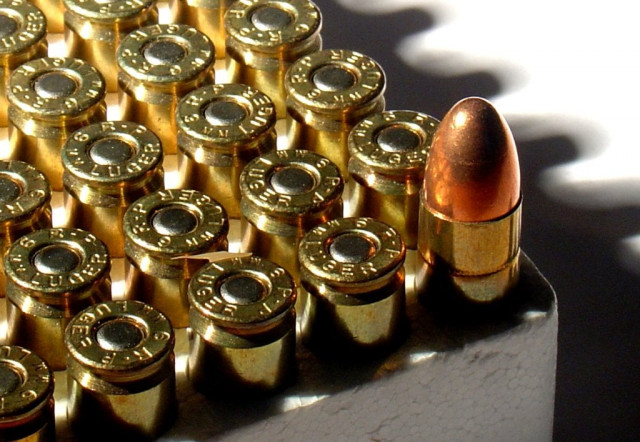
Worst of Tuesday's bloodshed was concentrated in Fallujah, where 43 others were also wounded. PHOTO: FILE
Iraq is going through its worst protracted spell of violence since it emerged from a brutal sectarian conflict that killed tens of thousands in 2006 and 2007, with near-daily attacks plaguing Baghdad and much of the north and west.
The worst of Tuesday's bloodshed was concentrated in Fallujah, which has been under the control of anti-government fighters since the beginning of the year.
Shelling in the city, which lies just a short drive west of Baghdad, killed 18 people and wounded 43 others, according to Ahmed Shami, a doctor at Fallujah hospital.
The shelling, which hit a market, municipal offices and in the vicinity of the hospital itself, struck at around midday, said an AFP journalist in the city.
Fallujah has been out of government hands for months, with militants holding sway. The army has regularly shelled the city, and attempted multiple ground offensives in a bid to re-take it.
The army insists it is targeting militant hideouts, but residents and human rights groups say civilians are bearing the brunt of the shelling.
Human Rights Watch also said last month that authorities have likely violated the laws of war by targeting Fallujah hospital.
The crisis in the desert province of Anbar, which borders Syria and of which Fallujah is a part, began in late December when security forces dismantled a longstanding protest camp maintained by the province's mainly Arab population to vent grievances against the government.
Militants subsequently seized parts of the provincial capital, Ramadi, and all of Fallujah, the first time anti-government forces have exercised such open control in major cities since the peak of the deadly violence that followed the US-led invasion of 2003.
They have held all of Fallujah since, and protracted battles have continued in Ramadi.
Meanwhile, attacks in and around Baghdad killed nine people, security and medical officials said.
In Iskandiriyah, militants killed five people - two with guns and three with knives - along a main road in the town before fleeing the scene. It was not clear why the victims were targeted.
The town lies in a confessionally mixed area south of Baghdad dubbed the "Triangle of Death" for its brutal violence during the peak of the sectarian war.
In the capital itself, a civil servant was shot dead, while separate attacks on Baghdad's northern outskirts killed three people.
Further north, attacks in Salaheddin, Nineveh and Kirkuk provinces killed six people, four of them policemen, officials said.
Figures separately compiled by the United Nations and the government in Baghdad showed more than 900 people were killed last month.
An AFP tally puts the death toll so far this year at more than 4,000.
Officials blame external factors for the rise in bloodshed, particularly the civil war in neighbouring Syria, and insist wide-ranging operations against militants are having an impact.
But the violence continues unabated, with analysts and diplomats saying the Shia-led government needs to do more to reach out to the disaffected Sunni Arab minority to reduce support for militancy.
The bloodshed comes with political leaders jostling over forming a new government following April 30 elections that left incumbent premier Nuri al Maliki in pole position to retain his post despite vocal opposition.


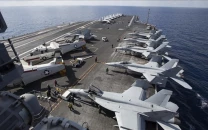
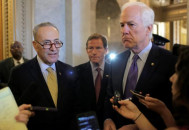
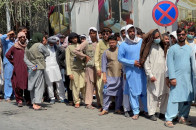
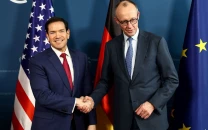
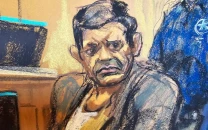












COMMENTS
Comments are moderated and generally will be posted if they are on-topic and not abusive.
For more information, please see our Comments FAQ